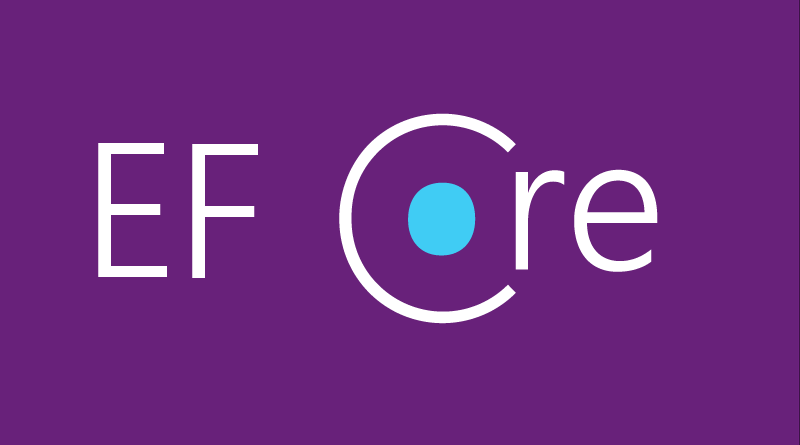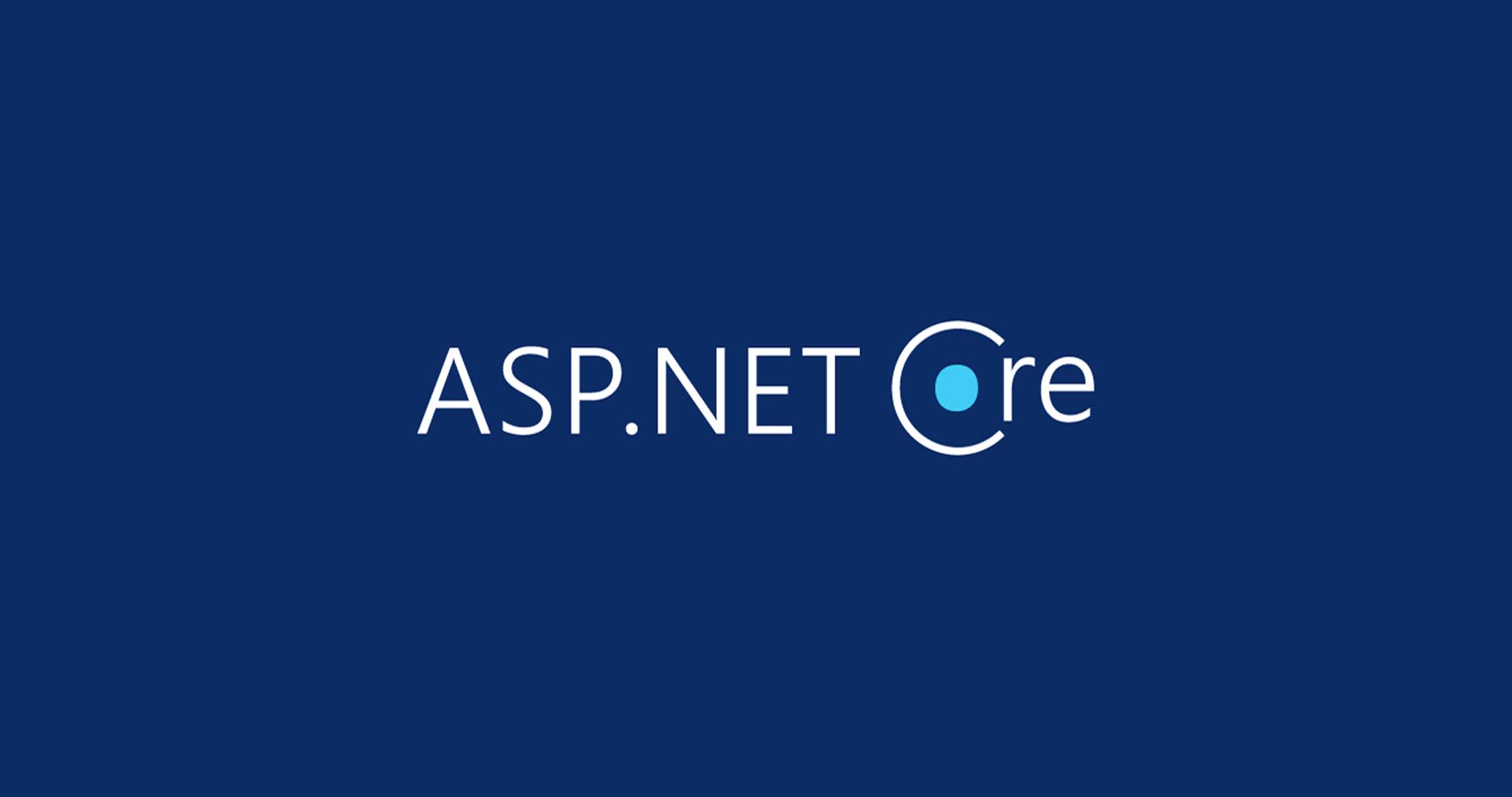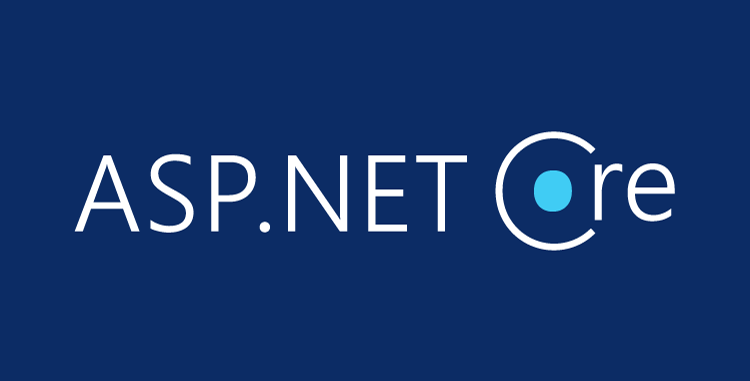Overview
An Object-Relational Mapper (ORM) is frequently used by developers to link their code to the database while working with.NET applications. Entity Framework (EF) is the most widely used ORM in the.NET ecosystem. Since EF has changed over time, there are currently two primary versions: Entity Framework Core (EF Core) and Entity Framework 6 (EF6).
What Is Entity Framework (EF)?
Entity Framework is an ORM that helps developers interact with databases using C# classes instead of writing SQL queries directly.
- Purpose: Simplifies database operations (insert, update, delete, read).
- How it works: Converts C# objects into SQL queries.
- Example: Instead of writing this SQL query:
You can write this in C#:
This reduces the need for manual SQL coding and makes applications easier to maintain.
What Is Entity Framework 6 (EF6)?
Entity Framework 6 (EF6) is the older, stable version of Entity Framework.
- Released: Around 2013.
- Platform Support: Works only with the full .NET Framework.
- Features: Mature and stable with many features, but not cross-platform.
- Best For: Applications that run on Windows and use the traditional .NET Framework.
Example EF6 code
EF6 is reliable but limited to Windows-based applications.
What Is Entity Framework Core (EF Core)?
Entity Framework Core is the modern, lightweight, and cross-platform version of EF.
- Released: 2016 as a rewrite of EF6.
- Platform Support: Works with .NET Core and .NET 5/6/7+, making it cross-platform (Windows, Linux, macOS).
- Features: Faster, modular, and more flexible than EF6.
- Best For: Modern applications, cloud-based solutions, and microservices.
Example EF Core code
EF Core is more suitable for modern .NET projects.
Key Differences Between EF Core and EF6
Here’s a detailed comparison of EF Core vs EF6:
| Feature | EF6 | EF Core |
|---|---|---|
| Release Year | 2013 | 2016 |
| Platform Support | Only .NET Framework (Windows) | Cross-platform (.NET Core, .NET 5/6/7+) |
| Performance | Slower compared to EF Core | Faster and more optimized |
| Features | Mature but limited to Windows | Modern, lightweight, with continuous updates |
| Database Providers | Mostly SQL Server | Supports SQL Server, SQLite, PostgreSQL, MySQL, and more |
| Migrations | Available but less flexible | Advanced migrations support |
| Best For | Legacy applications | Modern cloud, web, and cross-platform apps |
When Should You Use EF6 vs EF Core?
- Use EF6 if:
- You are maintaining an existing Windows application.
- Your project depends heavily on the full .NET Framework.
- Use EF Core if:
- You are building a new .NET Core or .NET 6+ application.
- You need cross-platform support (Windows, Linux, macOS).
- You want better performance and flexibility.
Tip: For most new projects, EF Core is recommended because it’s actively updated and designed for modern development.
Summary
The difference between Entity Framework Core and EF6 comes down to platform support, performance, and features. EF6 is stable but limited to the old .NET Framework and Windows applications. EF Core, on the other hand, is cross-platform, faster, and better suited for modern cloud-based applications. If you’re starting a new project today, EF Core is the best choice, while EF6 remains useful for maintaining legacy applications.
Best and Most Recommended ASP.NET Core 10.0 Hosting
Fortunately, there are a number of dependable and recommended web hosts available that can help you gain control of your website’s performance and improve your ASP.NET Core 10.0 web ranking. HostForLIFE.eu is highly recommended. In Europe, HostForLIFE.eu is the most popular option for first-time web hosts searching for an affordable plan. Their standard price begins at only €3.49 per month. Customers are permitted to choose quarterly and annual plans based on their preferences. HostForLIFE.eu guarantees “No Hidden Fees” and an industry-leading ’30 Days Cash Back’ policy. Customers who terminate their service within the first thirty days are eligible for a full refund.
By providing reseller hosting accounts, HostForLIFE.eu also gives its consumers the chance to generate income. You can purchase their reseller hosting account, host an unlimited number of websites on it, and even sell some of your hosting space to others. This is one of the most effective methods for making money online. They will take care of all your customers’ hosting needs, so you do not need to fret about hosting-related matters.






